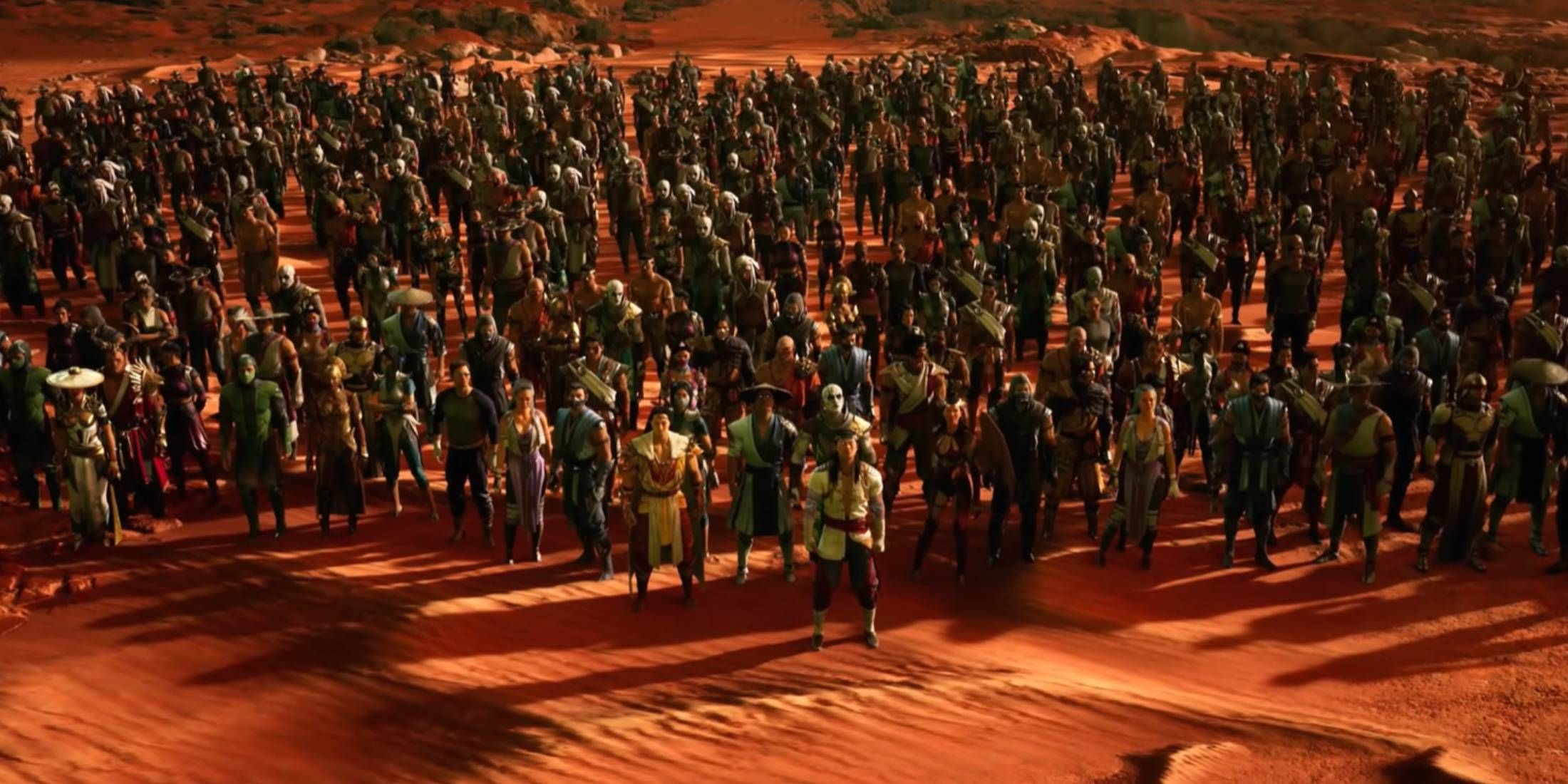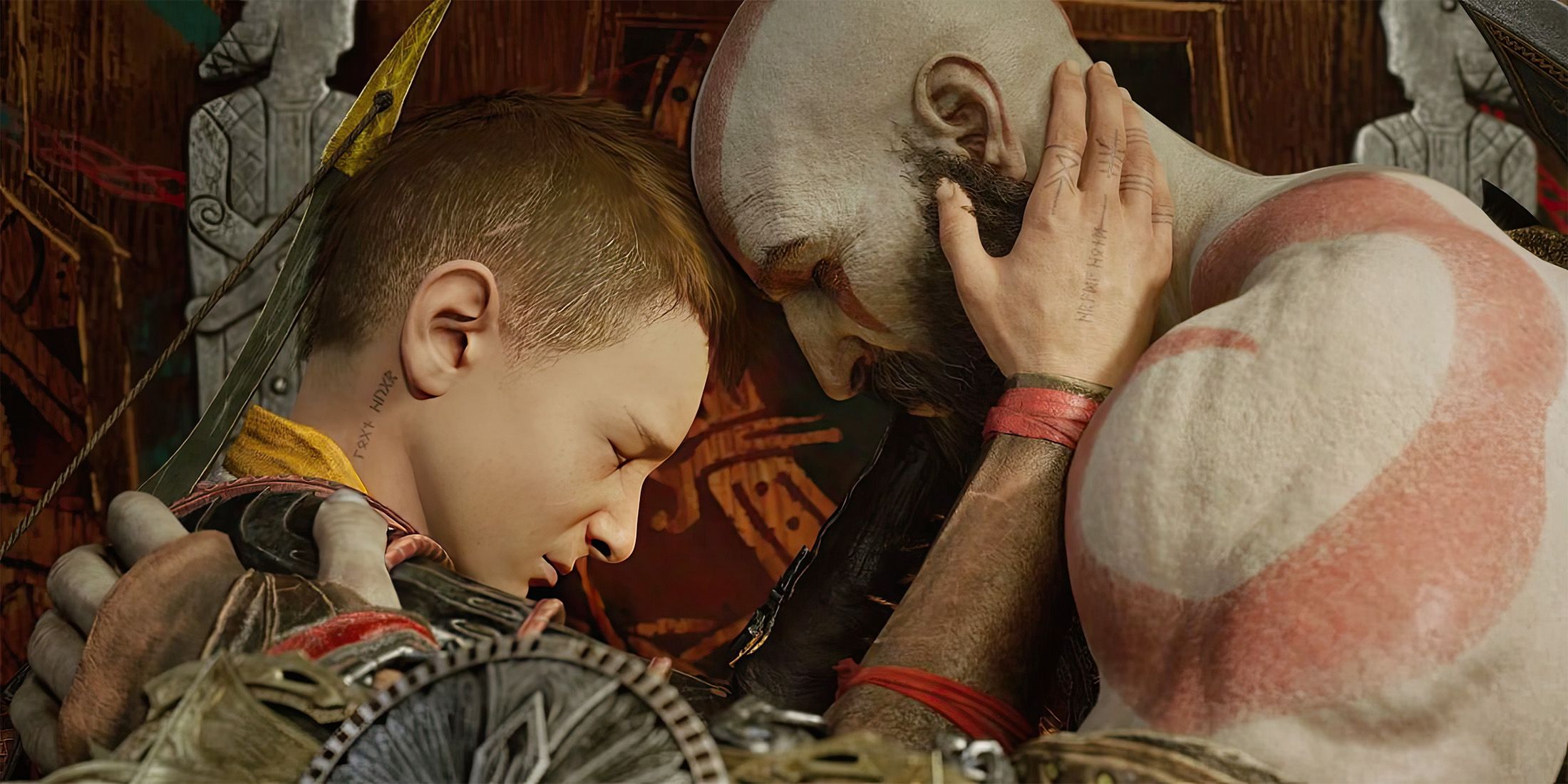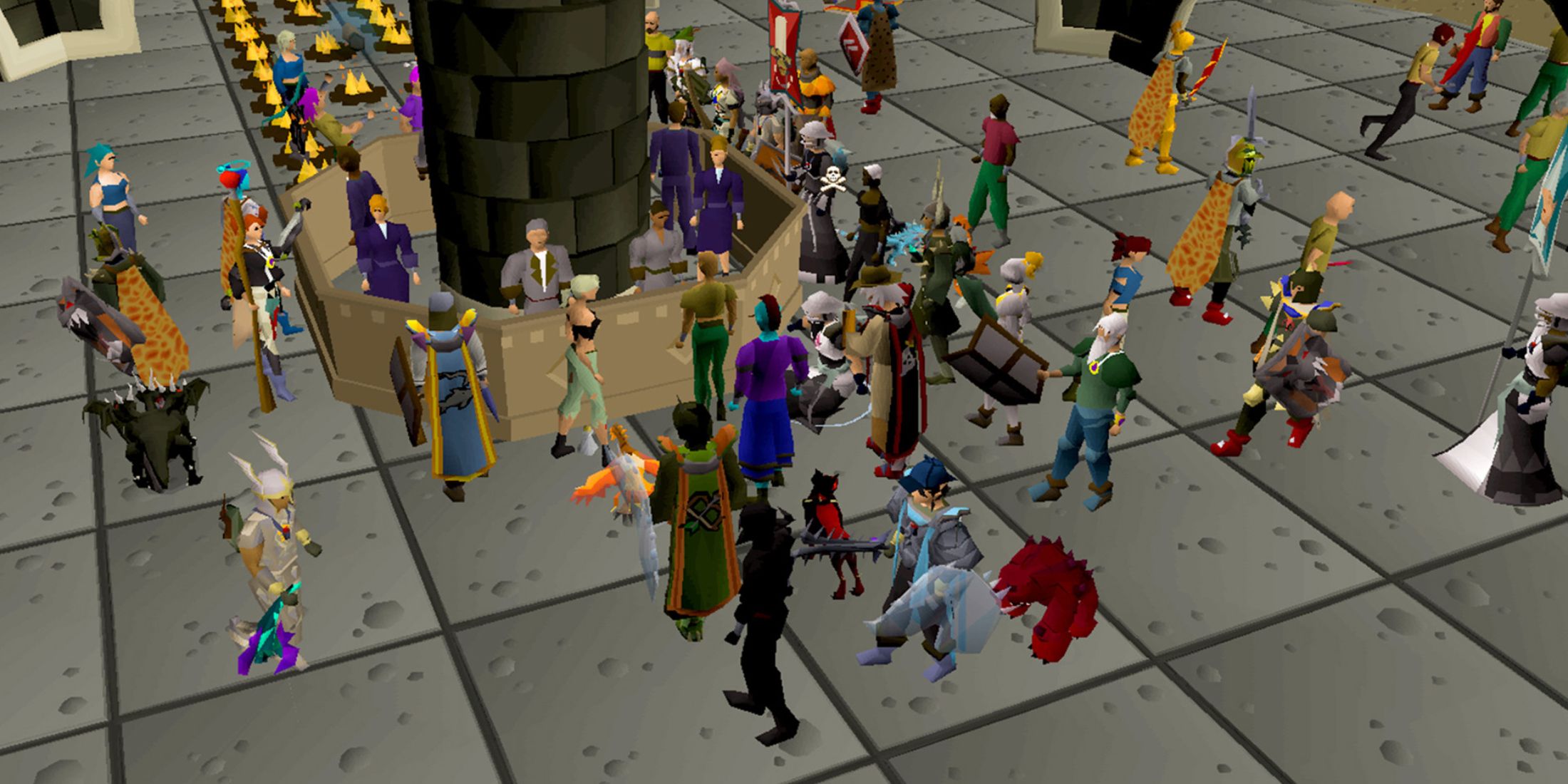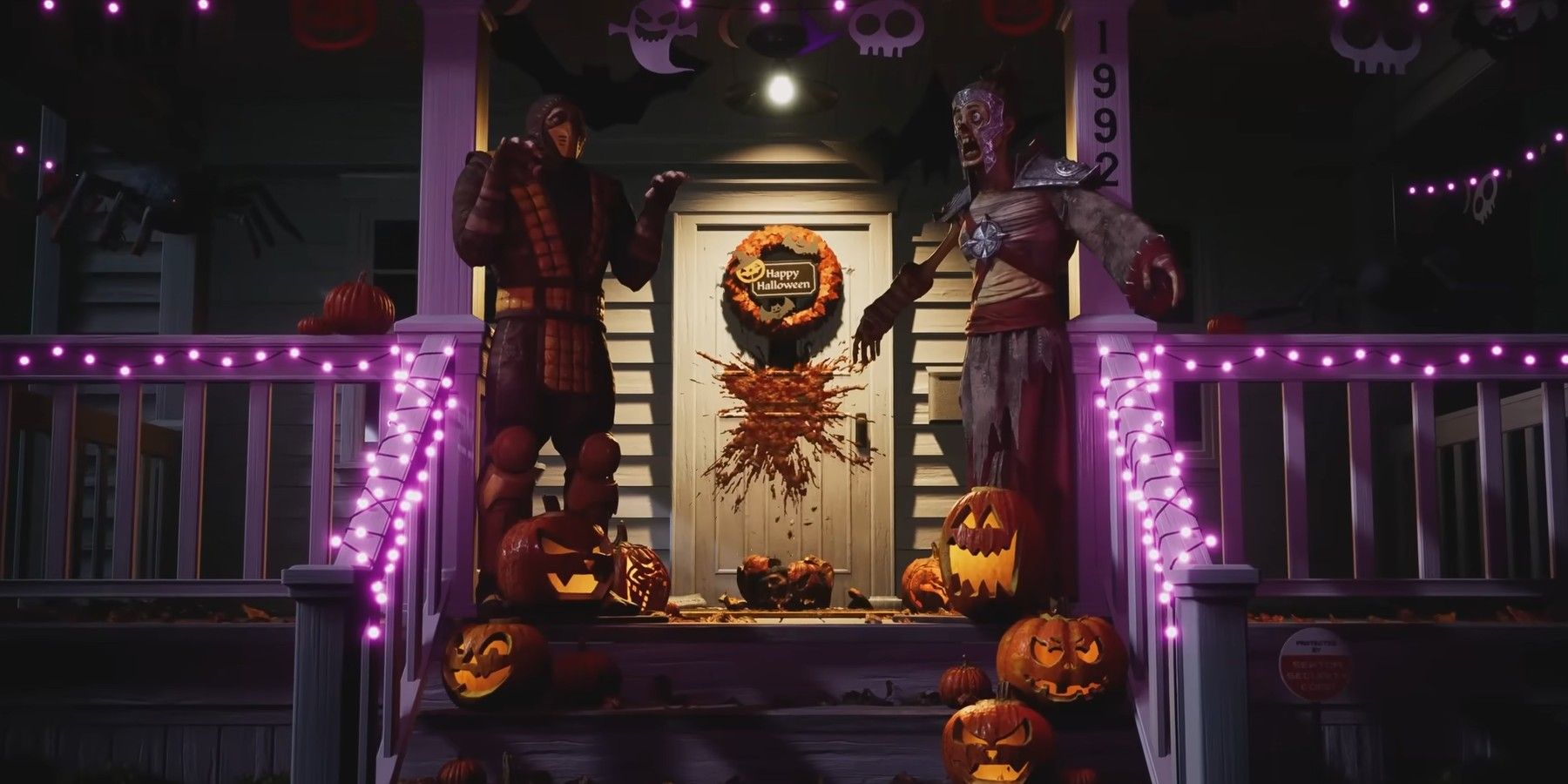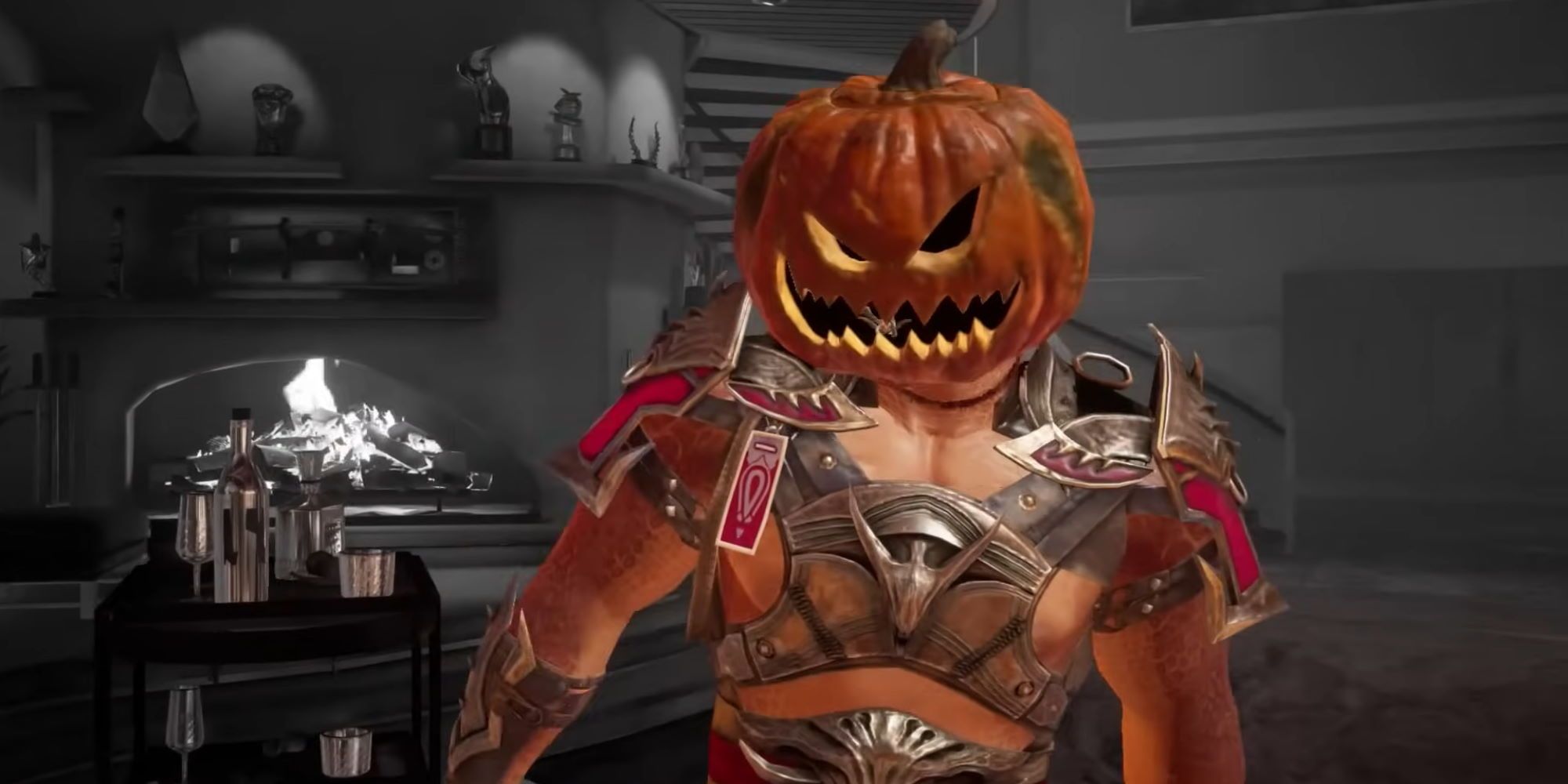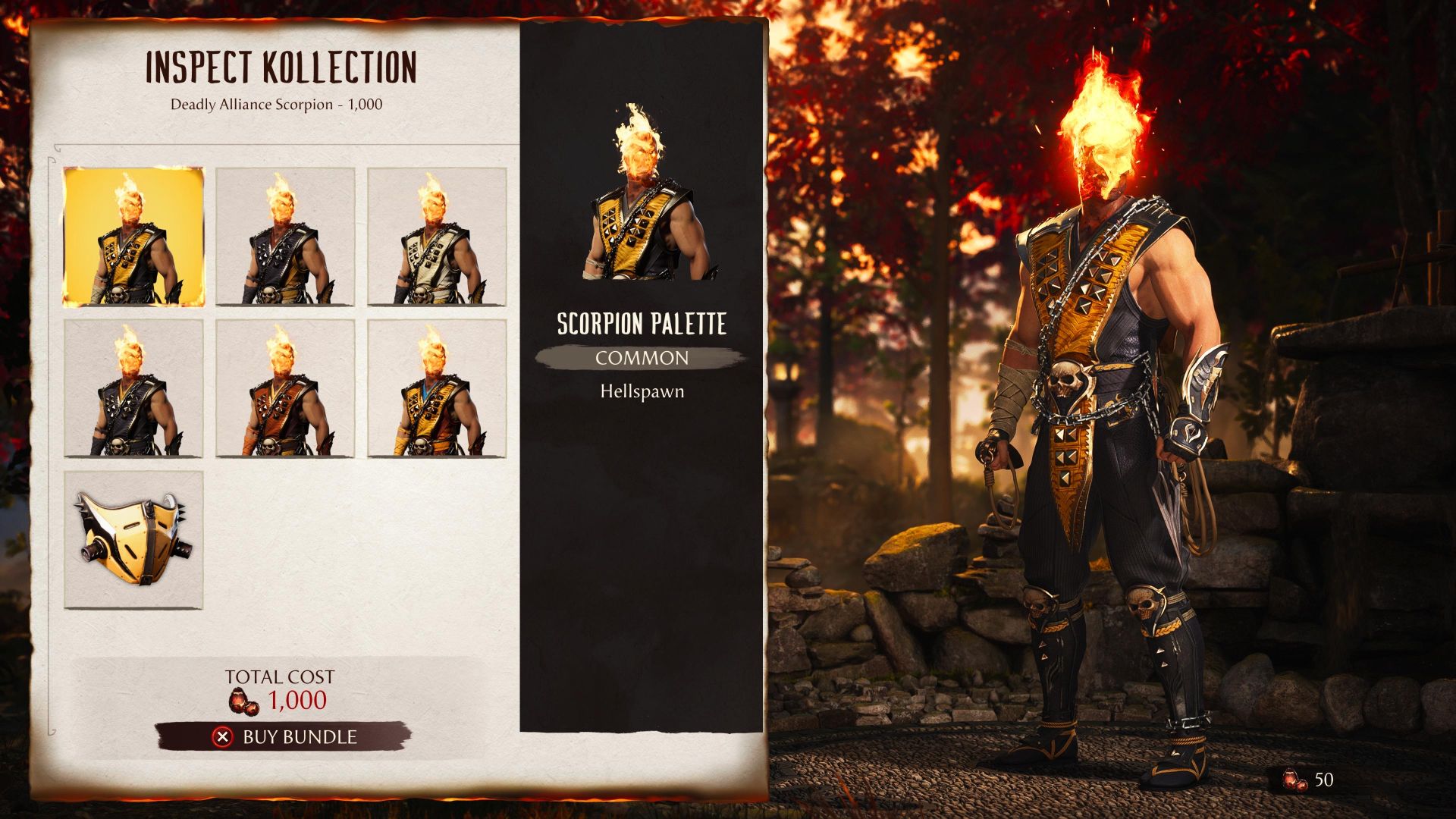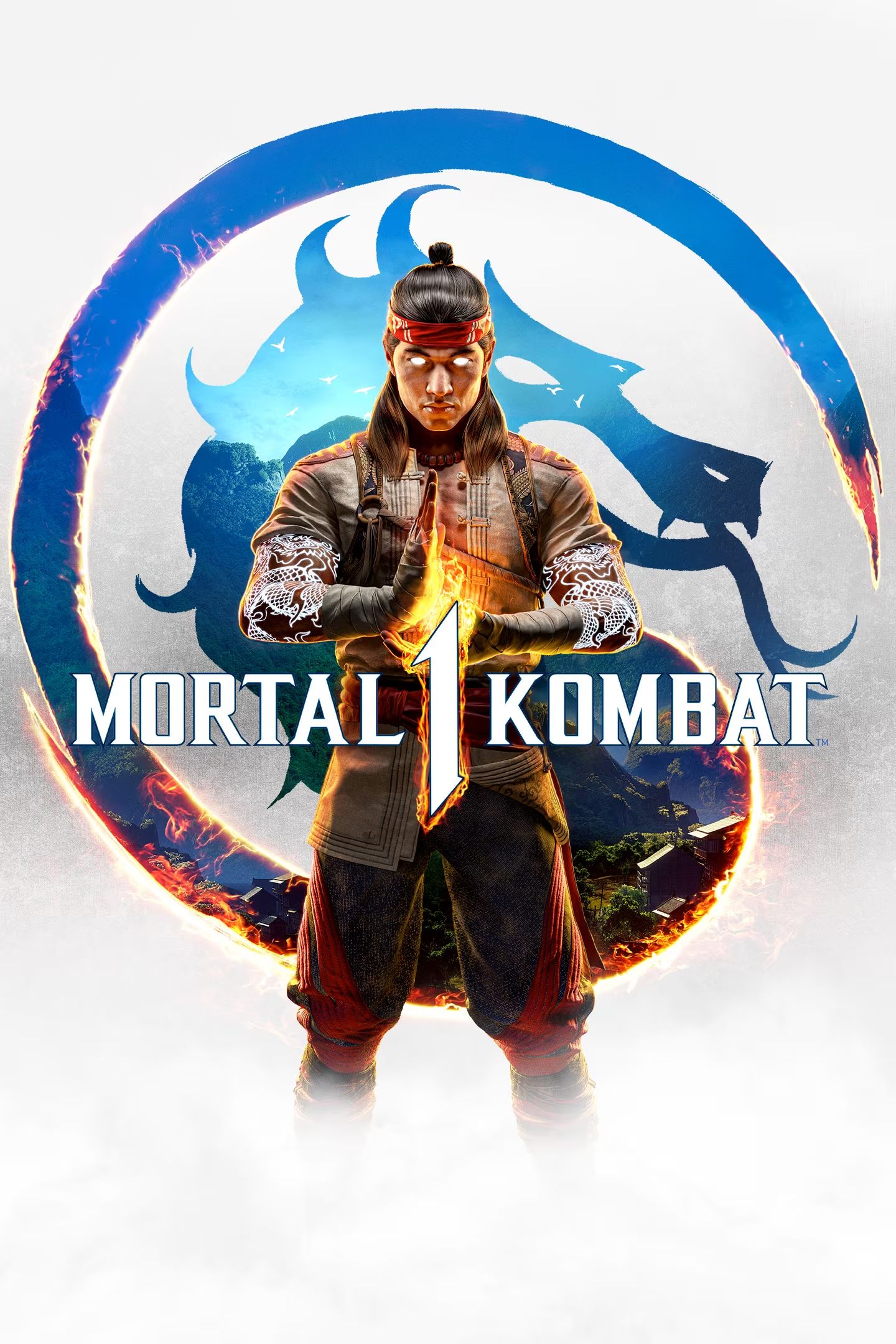Highlights
- The first major update of Mortal Kombat 1 includes quality-of-life changes, balance adjustments, new stages, skins, and a Halloween-themed fatality.
- The pricing of the new fatality in the in-game store has created controversy among fans due to its high cost, raising concerns about the monetization strategy of Mortal Kombat 1.
Mortal Kombat 1 was released last month, rebooting the franchise once more. While the most noticeable change was the beginning of a new story, NetherRealm also took the reboot as a chance to overhaul gameplay. Mortal Kombat 1 features a new assist system in the form of Kameo Fighters, setting it apart from this year's other major fighting game, Street Fighter 6. Another shift in philosophy is also apparent through the new Invasion mode: Mortal Kombat games have fully leaped into being live service titles with seasonal content. While in-game stores are nothing new for the franchise, a recent major update made it clear that what is being sold this time around has changed.
The most substantial part of Mortal Kombat 1's first major update was its various quality of life and balance changes. The impact these changes will have on the meta remains to be fully seen, but the new Kameo System was majorly nerfed and many characters damage scaling was adjusted. The update also added new content to the game in the form of stages, skins, and the ability to unlock a new fatality. The added content consists of:
- An evening variation of Wu Shi Academy
- A Halloween Variation of Johnny Cage's Mansion
- The addition of a Halloween Fatality to the in-game storefront
- Additional Skins in the in-game storefront
Mortal Kombat's First Paid Fatality is Expensive
Mortal Kombat 1's first paid fatality was added to the in-game store with the recent update. A seasonally-themed fatality for Halloween is the perfect fit for a Mortal Kombat title; MK has always been a bit spooky and resembles many of the horror films that people watch around the time of Halloween, after all. Despite the move being a great addition to the game, the price tag has proven controversial with fans, and rightfully so. Mortal Kombat is a $70 game, and the new fatality is roughly $10. The pricing of the move is extremely high, especially when previous games have added fatalities for free and as a part of other substantial content additions.
Unfortunately, this trend is far from unique to Mortal Kombat. Street Fighter 6 received TMNT skins that cost $15 a piece just a few months ago. Live service competitive games are expensive to maintain, but both the TMNT costumes and Halloween fatality set a poor example of monetization. Prohibitively expensive DLC reeks of greed and is off-putting to many fans. Mortal Kombat 1 has been the focus of less excitement than previous entries in the series. Coupling a controversial balance patch with the series' first paid fatality and other expensive skins has further decreased the goodwill around the game.
Mortal Kombat 2 Can Do Better In a Few Ways
Mortal Kombat 2 needs to improve on this first entry in the new timeline in several ways. One thing that will surely help is more experience for the developers. Kameo Fighters are a new addition in this time, and the existence of assists changes the game's balance. Should MK2 keep Kameos in the game, it will benefit from the developer's new experience tuning them. The other big thing that Mortal Kombat 2 can do is limit microtransactions. Instead of exclusively selling the seasonal fatalities and skins, Mortal Kombat could instead allow players to unlock them via gameplay as well. Even with a big grind, it would be better than only allowing players to obtain it by paying a fee.
Free to Play Could Be A Strong Fit for Mortal Kombat
The other choice that Mortal Kombat 2 could make to lessen the blow of these expensive add-ons is to go free to play. In the free-to-play market, charging almost $10 for a single microtransaction is more accepted. Given the live-service nature of fighting games like Mortal Kombat, a free-to-play model might be something developers could pull off, though it could come at the cost of the series' beloved story modes. Rather than redesign the series around expensive microtransactions, NetherRealm and WB Games should try to make MK1 and its sequel's future microtransactions unlockable via other methods.

